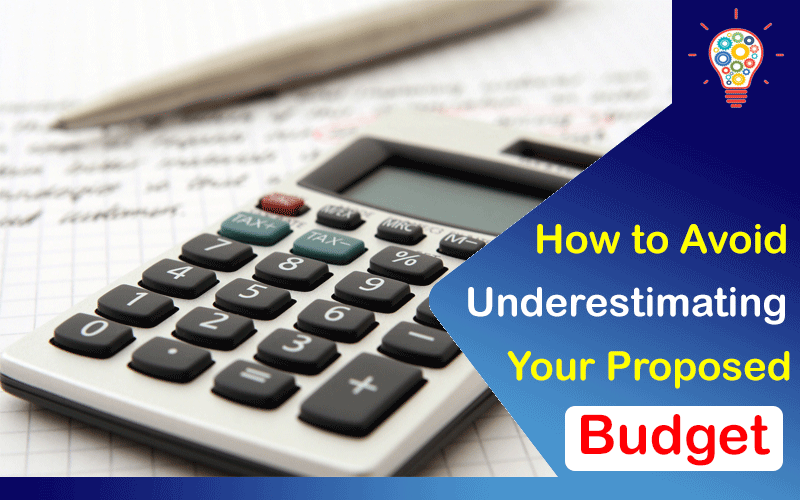When you’re creating a business plan, the most complicated step is drafting your budget. You want a budget that’s realistic so your investors know you’re serious about your company, but you also don’t want to ask for too much. As you evaluate your budget draft, make sure you’ve accurately estimated the cost of these items.
Table of Contents
Phone Access
You don’t want to handle all your business calls on your personal cell phone, so you must purchase phone access for your company. However, how many phones you actually need makes a big difference in your budget. Do you just need one phone for your store, or do twelve employees each need access at their desks? As you resolve this issue, it’s important to keep in mind the difference between phone lines vs users. Although the two are often used interchangeably, most modern telephone systems are based in the cloud, not through landlines. As a result, you probably only have one phone line, the one that connects your landline to the grid.
When you create your budget for phone use, it’s tempting to just sign up for one account and let your employees share a phone. However, this results in delays that cost you sales and customers. By investing in phone services that your employees use on their mobile devices, you save on the price of phone installation and purchases. Also, because all your employees’ cloud-based phone services are linked, it’s easier for your workers to give customers the most accurate information.
Vendor Costs
How expensive your vendors’ materials are determines how much you must charge for your items to make a profit. As you draft this part of your budget, you talk to potential vendors and learn about different payment options. However, these prices frequently change, especially if the following occur:
- Your credit score is lower than the average customer’s
- Demand goes up in your area
- The stock market falls
- The vendors’ suppliers’ prices change
While you should use their estimates in your proposed budget, it’s always best to make this area bigger than you think it needs to be. This strategy also protects you if you struggle with your first batch of products and have to redo some of them.
Premises
The cost of purchasing or renting your premises is just the beginning of building-related expenses. You also need to budget for these costs:
- Utility bills
- Furniture
- Advertisements
- Shelving and display cases
- Renovations
Some of these expenses happen monthly, such as your utility bills. Others require lots of cash upfront, such as your furniture and shelving. Still more happen unexpectedly. For example, a major storm drives a tree branch through your window, necessitating that you purchase and install a new pane of glass. Try to always have savings in this area of your budget so you can repair your premises.
Writing your proposed budget is a stressful process since you must strike a balance between saving money and being realistic. Avoid underestimating these costs to set your budget up for success.

